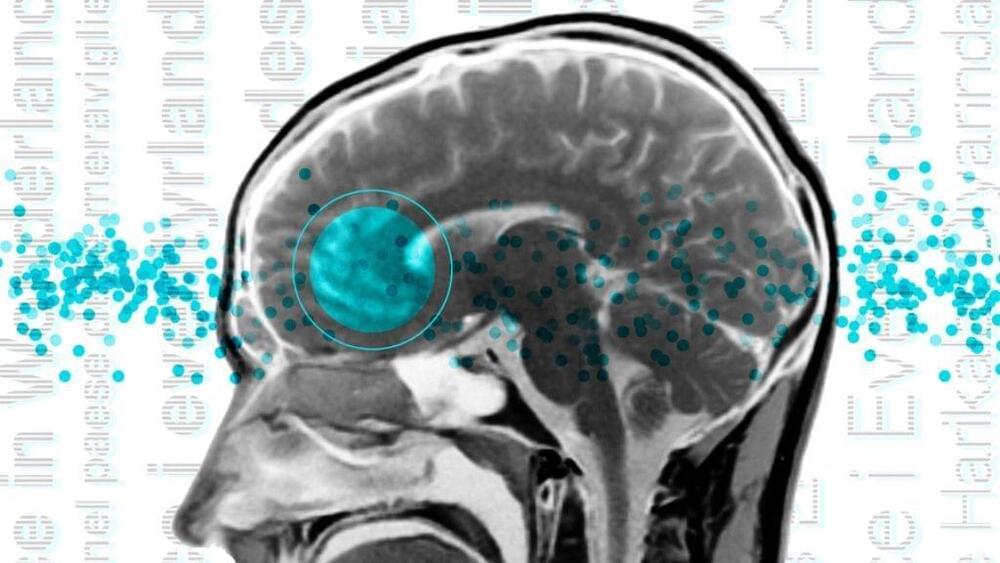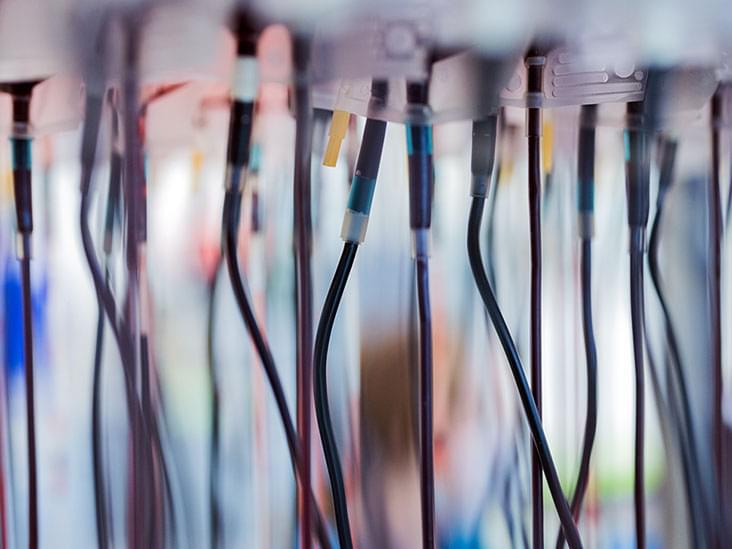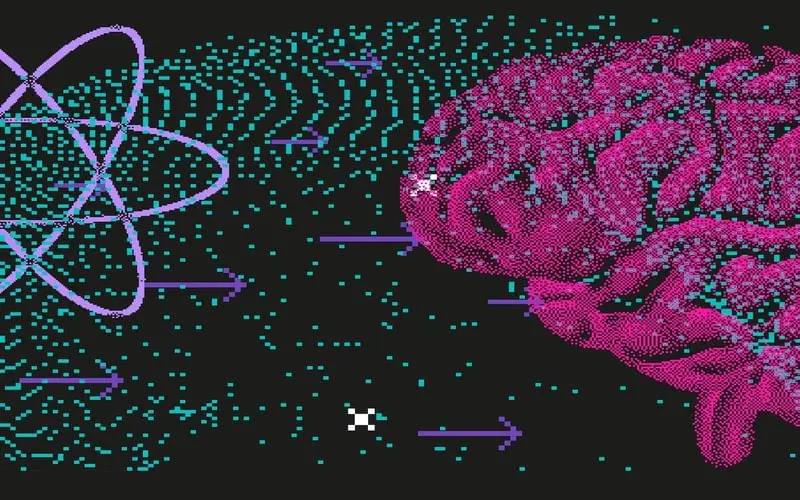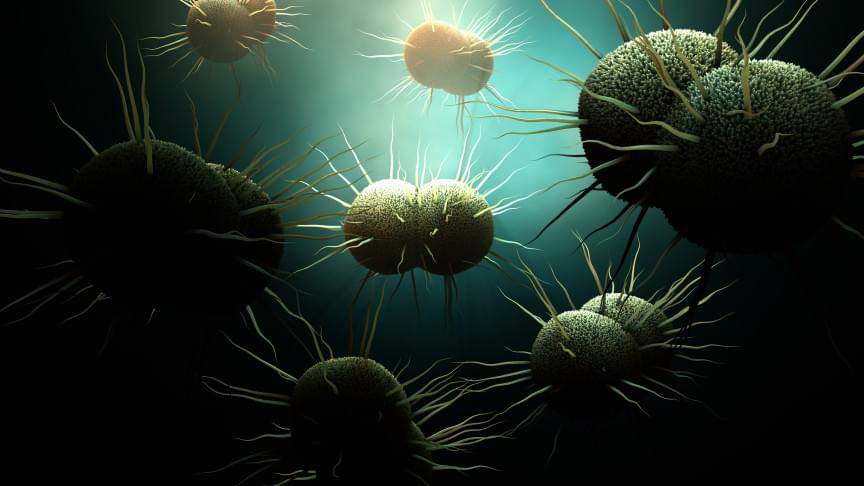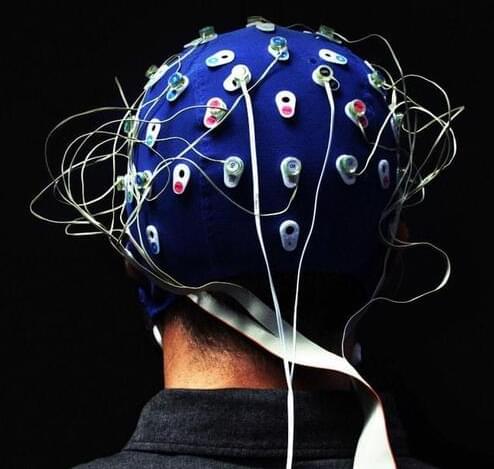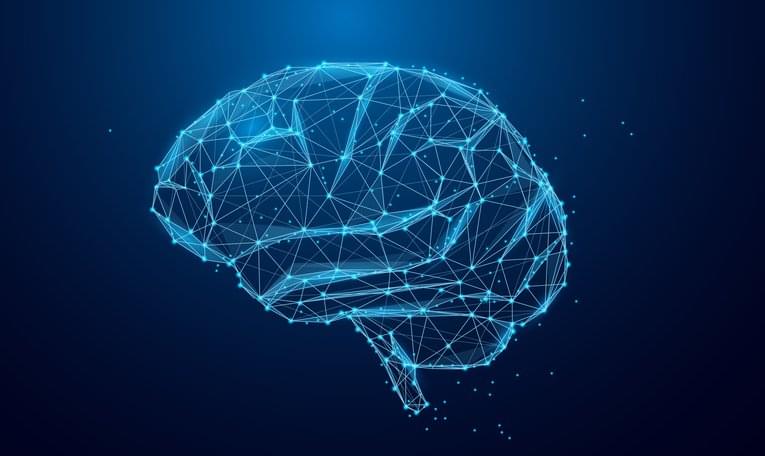This network had mostly been studied in English speakers.
Japanese, Italian, Ukrainian, Swahili, Tagalog and dozens of other spoken languages cause the same “universal language network” to light up in the brains of native speakers. This hub of language processing has been studied extensively in English speakers, but now neuroscientists have confirmed that the exact same network is activated in speakers of 45 different languages representing 12 distinct language families.
“This study is very foundational, extending some findings from English to a broad range of languages,” senior author Evelina Fedorenko, an associate professor of neuroscience at MIT and a member of MIT’s McGovern Institute for Brain Research, said in a statement (opens in new tab).
